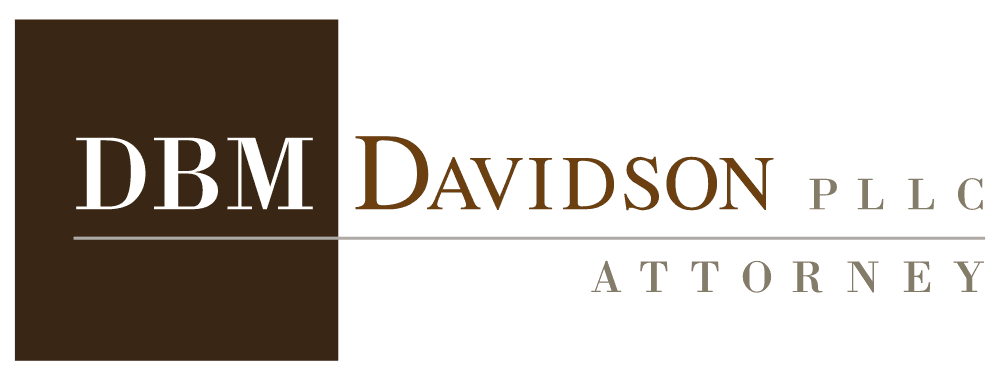Strong Alternatives For Disrupted Business
Receivership
A business may file for receivership as a legal remedy to protect its assets and operations when it is facing financial distress or insolvency. A receivership filing may be the best alternative when a business is unable to pay its debts, defending legal action from creditors, or experiencing management disputes.
A court-appointed receiver can control of the business and its assets to manage its affairs, preserve its value, and facilitate the resolution of outstanding debts and liabilities. Receivership can also be used to facilitate the sale of the business or its assets to maximize their value for the benefit of creditors and other stakeholders.
Restructuring
A business may file for Chapter 11 bankruptcy to reorganize operations and restructure debts while continuing to operate its business. Filing for Chapter 11 bankruptcy creates an automatic stay on creditor actions, which can give a business breathing room to reorganize its finances.
Chapter 11 bankruptcy can give a business time to develop and implement new business strategies, restructure its management, and take other steps to improve its overall operations. The ultimate goal of Chapter 11 bankruptcy is for a business to successfully emerge from bankruptcy with a feasible plan for long-term financial sustainability.
Creditor Assignments
A business may file an assignment for the benefit of creditors (ABC) to assign its assets to an independent third party, known as the assignee, who then administers the assets and distributes the proceeds to the creditors according to their predetermined priority.
An ABC is typically faster, less expensive, and less public than a bankruptcy proceeding. Overall, an ABC may be a good option for businesses that are facing financial distress and want to wind down their operations in a more controlled manner while maximizing returns to their creditors.
Related Practice Areas
Our receivership and restructuring practice has involved numerous transactions for the sale of businesses and business assets under court supervision, usually through the designation of a stalking horse and the adoption of bidding procedures.
Although we use this experience to help businesses and stakeholders navigate complex financial challenges, we frequently associate with other professionals when managing complex litigation issues, or specialized issues such as intellectual property, tax matters, or employment law.
